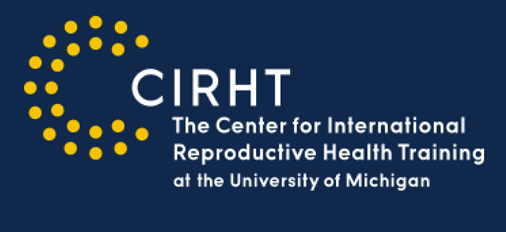Speaker
Description
Title: Experiences of Community-based family planning (CBFP) distributors in Kitwe, Zambia
Abstract
Background: Community-based family planning (CBFP) distribution programs are vital in enhancing access to reproductive health services, particularly in low-resource settings. In Zambia, such programs aim to bridge the gap between health facilities and communities. However, the success of these initiatives is influenced by various factors. This study explored enablers and barriers that affect the CBFP execute their tasks in the context of Kitwe, Zambia.
Methods: A descriptive qualitative design was employed. Purposive sampling was used to recruit two groups of respondents: community-based distributors (CBDs) and women of child bearing age who are program beneficiaries. Data were collected through 20 in-depth interviews with CBFP distributors and 21 women, the beneficiaries. The sample sizes were determined after saturation of responses was reached. Thematic analysis was used to identify and analyze patterns within the data.
Results: We developed three major themes including Programmatic Enablers, Structural and Operational Barriers, and Community Perceptions. Under enablers, consistent training of CBDs and provision of family planning commodities by government and partners were recognized as key facilitators of the program. Barriers included lack of transport and financial incentives for CBDs, inadequate training coverage, and inconsistent supervisory support. Additionally, the reported charging of clients for service provision by the CBDs, despite the program’s intent for free distribution, raised concerns about access and equity. Under community perception, most beneficiaries expressed satisfaction due to improved availability and convenience of services at community and household level. Additional emerging sub-themes included Community Trust in CBFP distributors, highlighting strong community relationships, and Gender Dynamics, where male involvement in family planning discussions was limited, occasionally leading to resistance or misunderstanding of the community-based Family planning program. The study identified consistent training and commodity supply as key enablers of community-based family planning (CBFP), while barriers included logistical and financial constraints, limited supervision, and concerns over service equity; community perceptions highlighted satisfaction with service accessibility, reinforced by trust in distributors, though gender dynamics and male engagement posed ongoing challenges.
Conclusion: While community-based family planning distribution in Kitwe is widely accepted and supported, it faces significant challenges related to logistics, incentives, and policy adherence. We recommend the following: strengthening supervision, providing adequate and ongoing training, ensuring service affordability, and addressing gender barriers could enhance the program’s effectiveness and sustainability.
Keywords: Family planning, community-based distribution, enablers, barriers, Kitwe, Zambia, qualitative study


